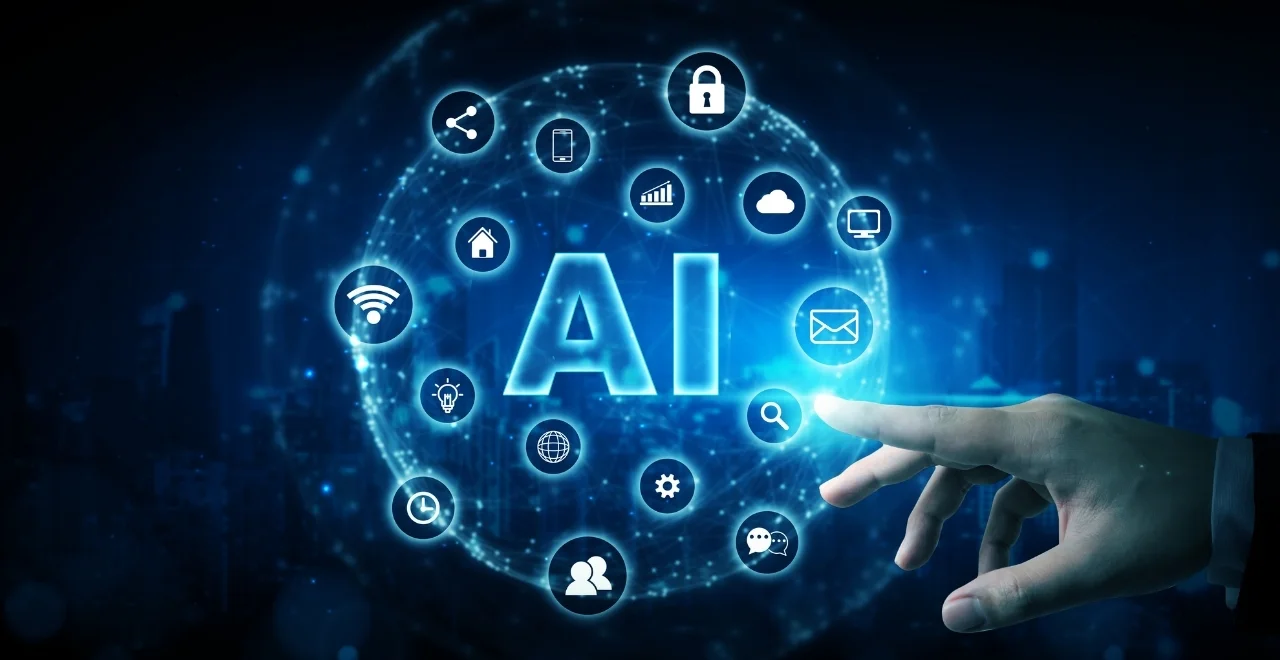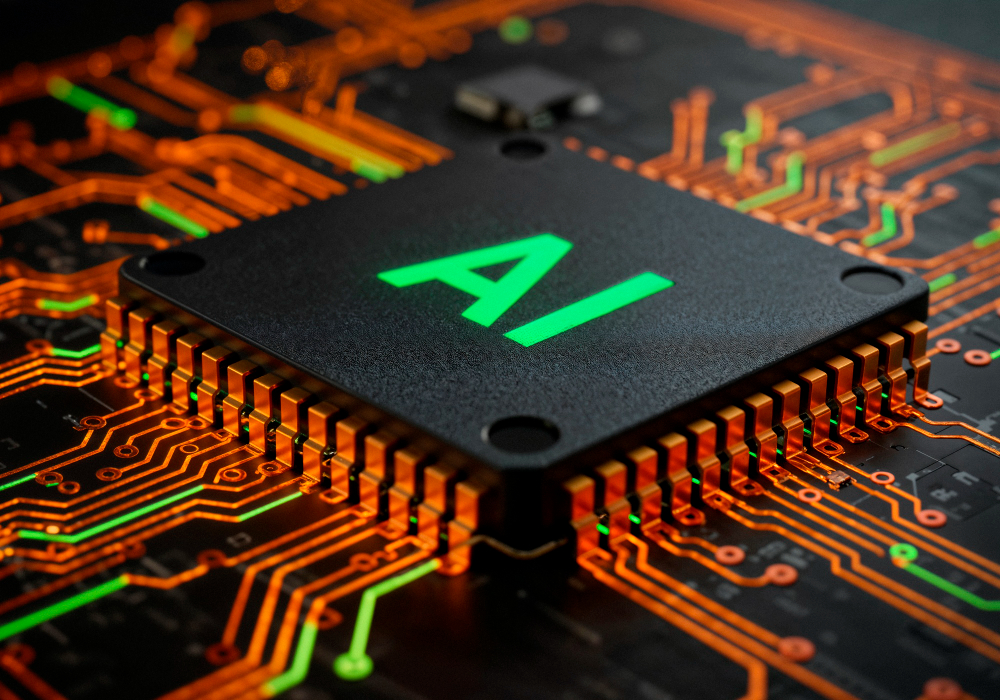What Should You Know Before Outsourcing Your Next AI Software Development Project?

Strong 8k brings an ultra-HD IPTV experience to your living room and your pocket.
Artificial Intelligence (AI) is revolutionizing industries—from predictive analytics in finance to smart chatbots in e-commerce. But building a robust AI solution in-house is no small feat. The high cost of talent, data infrastructure, and research-driven development often leads businesses to consider outsourcing.
Outsourcing AI software development can be a smart move. It gives you access to specialized expertise, reduces time-to-market, and saves significant development costs. But it also comes with risks—like communication gaps, IP issues, and mismatched expectations.
So, what exactly should you know before outsourcing your next AI software project? Let’s break it down.
1. Start With a Well-Defined AI Problem Statement
Before you even reach out to vendors, you must clearly define the problem you’re solving. AI is not a one-size-fits-all solution. The success of your project depends on whether your goals are realistic, measurable, and aligned with business outcomes.
Ask yourself:
- What task do I want AI to automate or optimize?
- What type of data do I have (structured, unstructured, streaming)?
- How will success be measured—accuracy, speed, cost reduction?
Having a detailed scope of work and a high-level project roadmap sets the tone for meaningful vendor discussions.
2. Look Beyond General Developers—You Need AI Experts
Not every software outsourcing company has true AI expertise. AI development involves specialized skills like:
- Machine learning (ML) model development
- Data engineering and preprocessing
- Natural language processing (NLP)
- Computer vision
- AI model deployment and monitoring (MLOps)
Make sure the team you choose can demonstrate proven experience in these areas. Ask for:
- Case studies of previous AI projects
- Knowledge of frameworks like TensorFlow, PyTorch, or Hugging Face
- Familiarity with cloud AI tools (AWS SageMaker, Azure ML, Google Vertex AI)
3. Data Readiness is Crucial — Don’t Outsource Without It
Data is the backbone of any AI system. If your data is incomplete, inconsistent, or irrelevant, even the most advanced AI model will fail.
Before outsourcing:
- Audit your existing data sources
- Clarify data formats and access controls
- Address any legal or compliance issues (e.g., GDPR, HIPAA)
- Consider whether data labeling or annotation is needed
A reputable AI development company will help you refine your data pipeline, but you should be prepared to take an active role in ensuring data quality.
4. Choose the Right Engagement Model for Your Business
AI development is not always predictable. Depending on the complexity, you’ll need to pick a collaboration model that supports agility, scalability, and clear deliverables.
Common models include:
- Fixed-price contracts: Suitable for projects with well-defined scope and clear timelines.
- Time & material contracts: Best for evolving AI initiatives with undefined requirements.
- Dedicated teams: Ideal for long-term collaborations and product scaling.
- Discuss your budget, timeline, and involvement level honestly to pick the most appropriate model.
5. Set Clear Ownership and IP Rights
Intellectual Property (IP) is often a gray area in AI development. Without proper documentation, you could end up with unclear rights over your own technology.
Be explicit about:
- Who owns the source code and trained models
- Whether the vendor can reuse any components
- Access to training data and intermediate outputs
- Post-deployment licensing terms
A strong contract should include NDA clauses, IP protection provisions, and service-level agreements (SLAs) to avoid legal disputes later.
6. Don’t Overlook AI Ethics, Explainability, and Bias
Modern AI is powerful but not always transparent. Black-box models can make decisions that even developers struggle to interpret. For regulated industries like healthcare, finance, or insurance, that’s a huge risk.
Ensure your outsourcing partner:
- Prioritizes model explainability (especially with deep learning)
- Can provide audit trails or transparency features
- Implements fairness and bias detection tools
- Follows ethical AI principles in model training and deployment
It’s not just about performance—it's about accountability and trust.
7. Confirm Post-Deployment Support and Model Monitoring
AI systems aren’t “set-it-and-forget-it.” Over time, models can suffer from data drift or concept drift, where performance deteriorates due to changing data patterns.
Ask your vendor:
- How will they handle model retraining?
- Do they offer monitoring and logging tools?
- What’s their approach to continuous integration/deployment (CI/CD) for AI?
- You don’t want to be left with a stagnant model that loses relevance just months after launch.
8. Evaluate Communication, Collaboration, and Time Zone Fit
One of the most overlooked aspects of outsourcing is communication. Even technically skilled vendors can be difficult to work with if they don’t communicate effectively or share your working hours.
Tips:
- Look for teams with fluent English proficiency
- Set up shared communication channels (Slack, Teams, Trello)
- Define meeting schedules and escalation protocols
- Ask for a dedicated project manager or point of contact
A responsive and transparent team will always outperform one that goes silent between updates.
9. Prototype First: Build a POC or MVP Before Going All In
Rather than outsourcing a large AI project right away, consider starting with a proof of concept (POC) or minimum viable product (MVP). This allows you to:
- Validate technical feasibility
- Test vendor capabilities
- Align expectations
- Minimize upfront risks
A successful prototype lays the groundwork for full-scale development while giving you room to pivot if needed.
10. Vet the Vendor’s Reputation, Security Standards, and Culture
When outsourcing AI development, you’re trusting another organization with sensitive business logic and potentially confidential data. A good vendor must not only be technically proficient but also trustworthy and secure.
What to look for:
- ISO, SOC 2, or GDPR compliance
- Secure development environments
- Past client reviews and testimonials
- Transparent pricing and delivery timelines
- Bonus: Ask about their company culture. A collaborative mindset can make all the difference when you're co-creating advanced tech.
- Outsourcing AI Software: Common Mistakes to Avoid
Let’s quickly recap a few critical mistakes to steer clear of:
- Rushing into development without a clear goal
- Choosing a vendor based solely on price
- Ignoring post-launch support and retraining
- Failing to consider explainability and ethics
- Not protecting your data and IP upfront
Avoiding these pitfalls will help you build a lasting partnership and a successful product.
Final Thoughts
Outsourcing AI software development can give your business a serious competitive edge—but only if you plan wisely. It's not just about finding a capable vendor. It's about aligning on vision, ownership, accountability, and long-term success.
Note: IndiBlogHub features both user-submitted and editorial content. We do not verify third-party contributions. Read our Disclaimer and Privacy Policyfor details.







